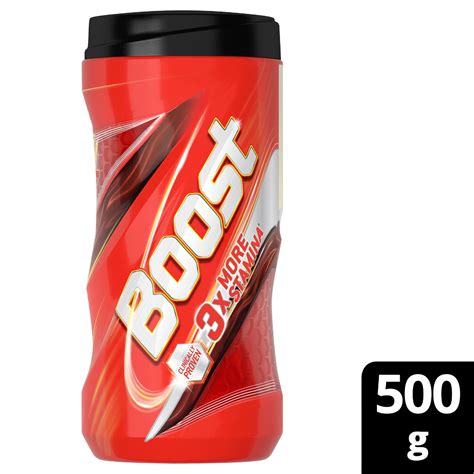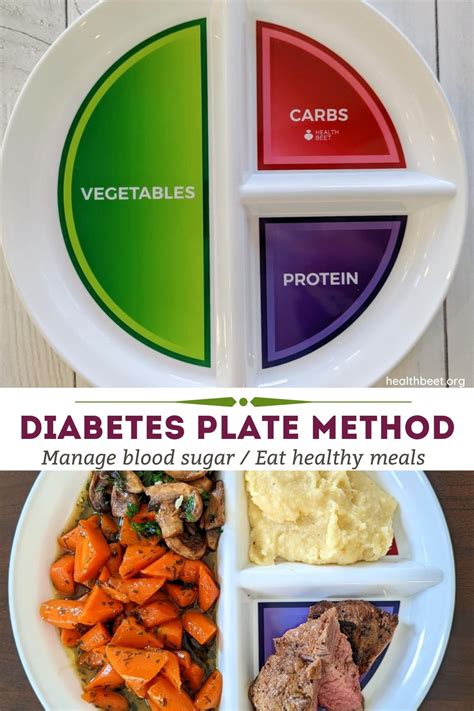How to boost natural testosterone for improved energy & muscle gains?

Understanding Testosterone’s Vital Role
Testosterone, often dubbed the primary male sex hormone, plays a critical role far beyond just libido. It’s instrumental in building muscle mass and strength, maintaining bone density, distributing fat, and influencing red blood cell production. Crucially, it profoundly impacts energy levels, mood, cognitive function, and overall well-being. A decline in natural testosterone can lead to decreased energy, reduced muscle mass, increased body fat, fatigue, and lower motivation, making its optimization a key goal for many.
While synthetic testosterone replacement therapy is an option for some, many individuals can significantly improve their testosterone levels through natural means. These methods focus on optimizing the body’s intrinsic ability to produce this vital hormone, leading to sustainable and holistic health benefits.

Dietary Powerhouses for Testosterone Production
What you eat directly impacts your hormonal balance. Incorporating specific nutrients and healthy foods can provide the building blocks your body needs for optimal testosterone synthesis.
- Healthy Fats: Don’t fear fats! Monounsaturated and saturated fats (in moderation) are crucial for hormone production. Think avocados, olive oil, nuts, seeds, and organic butter.
- Zinc-Rich Foods: Zinc is a critical mineral for testosterone production. Oysters are famously high, but you can also find it in red meat, poultry, beans, nuts, and pumpkin seeds.
- Vitamin D: Often called the ‘sunshine vitamin,’ Vitamin D acts like a steroid hormone in the body and is strongly linked to testosterone levels. Aim for safe sun exposure and include fatty fish (salmon, mackerel) in your diet. Supplementation may also be beneficial, especially in winter months.
- Magnesium: This essential mineral plays a role in hundreds of bodily functions, including testosterone regulation. Load up on leafy greens, nuts, seeds, and whole grains.
- Cruciferous Vegetables: Foods like broccoli, cauliflower, and kale contain indole-3-carbinol, which helps reduce estrogen levels, thus potentially improving the testosterone-to-estrogen ratio.

Smart Exercise for Hormonal Health
Exercise isn’t just for burning calories; it’s a powerful tool for hormonal optimization, particularly for testosterone.
- Strength Training: Lifting weights, especially compound movements like squats, deadlifts, bench presses, and rows, has been shown to significantly boost testosterone. Focus on heavy, challenging lifts with proper form.
- High-Intensity Interval Training (HIIT): Short bursts of intense exercise followed by brief recovery periods can also stimulate testosterone production. Incorporate sprints, battle ropes, or kettlebell swings into your routine.
- Avoid Overtraining: While exercise is good, excessive or chronic endurance training (like long-distance running) without adequate recovery can actually decrease testosterone and increase cortisol (the stress hormone). Listen to your body and prioritize recovery.

Lifestyle Pillars for Optimal Testosterone
Beyond diet and exercise, your daily habits profoundly influence your body’s ability to produce testosterone naturally.
- Prioritize Quality Sleep: Lack of sleep is a silent testosterone killer. Aim for 7-9 hours of high-quality sleep per night. Establish a consistent sleep schedule and create a conducive sleep environment.
- Manage Stress Effectively: Chronic stress elevates cortisol levels, which can suppress testosterone production. Incorporate stress-reduction techniques like meditation, yoga, deep breathing exercises, or spending time in nature.
- Limit Alcohol and Sugar Intake: Excessive alcohol consumption and high sugar intake can negatively impact testosterone levels. Moderation is key.
- Maintain a Healthy Body Weight: Being overweight or obese, especially carrying excess abdominal fat, is strongly associated with lower testosterone. Fat cells contain an enzyme called aromatase, which converts testosterone into estrogen.

What to Avoid for Testosterone Health
Just as some things boost testosterone, others actively hinder it. Be mindful of these factors:
- Endocrine Disruptors: Chemicals found in plastics (BPA, phthalates), pesticides, and certain personal care products can mimic hormones or interfere with natural hormone production. Opt for glass containers, filter your water, and choose natural products where possible.
- Chronic Cardio (Excessive): While moderate cardio is healthy, overdoing long-distance, low-intensity cardio can elevate cortisol and potentially lower testosterone.

Embrace a Holistic Approach
Boosting natural testosterone for improved energy and muscle gains is not about quick fixes but rather a consistent commitment to a healthy lifestyle. By integrating a nutrient-dense diet, smart exercise routines, sufficient sleep, and effective stress management, you empower your body to optimize its natural testosterone production. This holistic approach not only supports your hormonal health but also enhances your overall vitality, well-being, and ability to achieve your fitness goals sustainably.









